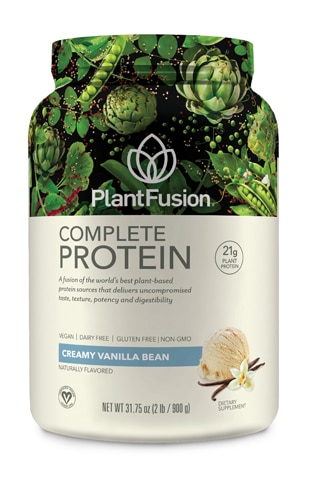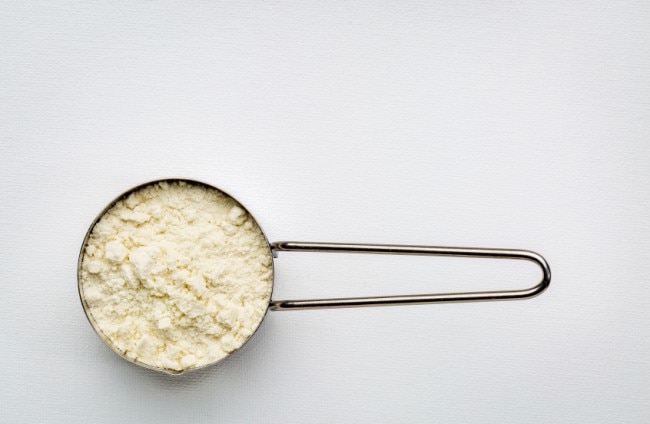We all need protein in our diet, as it’s an essential building block for life. There’s no debating that. However, amid all the high-protein hype in recent years, many of us may be going overboard when it comes to how much protein we consume.
Federal data show a typical American man consumes about 102 grams of protein each day. For a typical woman, the daily count is 70 grams. Yet federal guidelines instruct men to eat 56 grams of protein a day, with 46 grams being the daily recommendation for women. We’re a nation suffering from protein overload.
So, how much protein should be part of your daily diet?
To calculate the least amount of protein a moderately active adult should eat, multiply your weight in pounds by 0.36, according to Franceen Friefeld, a registered dietitian in the Boston area. If you’re a 180-pound man, that amounts to almost 65 grams. If you’re a 130-pound woman, that adds up to nearly 47 grams.
Citing research from the federal Institute of Medicine, Friefeld says at least 10 percent but no more than 35 percent of our daily calories should come from protein.
Scott Schreiber, a chiropractic doctor and licensed dietitian/nutritionist in Newark, Delaware, notes that each person’s daily protein requirements are unique, depending on activity level, body size and other factors.
Jennifer Glockner, a registered dietitian/nutritionist in Southern California and author of “Teddy Tries a Veggie,” says we need protein primarily to build and repair our body’s cells, yet it’s just one component of a healthy meal.
“Overall, we are putting too much emphasis on protein, and certain fad diets promote high protein intake and disregard other essential nutrients that are just as important for health,” Glockner says.
Still, experts say, we shouldn’t underestimate the role of protein.
Rebecca Lewis, the in-house registered dietitian at meal delivery company HelloFresh, says protein helps form bones, muscles, cartilage, hair, skin, nails and blood. In addition, protein contains several key vitamins and minerals.
“Protein is an important part of every cell in our body,” Lewis says.
Some of the best sources of protein are fish high in healthy fat, chicken breast, turkey breast, eggs, nuts, beans and seeds, according to Glockner.
Schreiber advises keeping tabs on how much animal protein you eat, though. Most Americans, he says, consume too much animal protein, such as red meat, chicken and fish. That excessive intake has been associated with a heightened risk for cancer, heart disease, kidney disease and obesity, according to Schreiber.
No matter the source of protein, Friefeld recommends spreading your intake evenly throughout the day.




